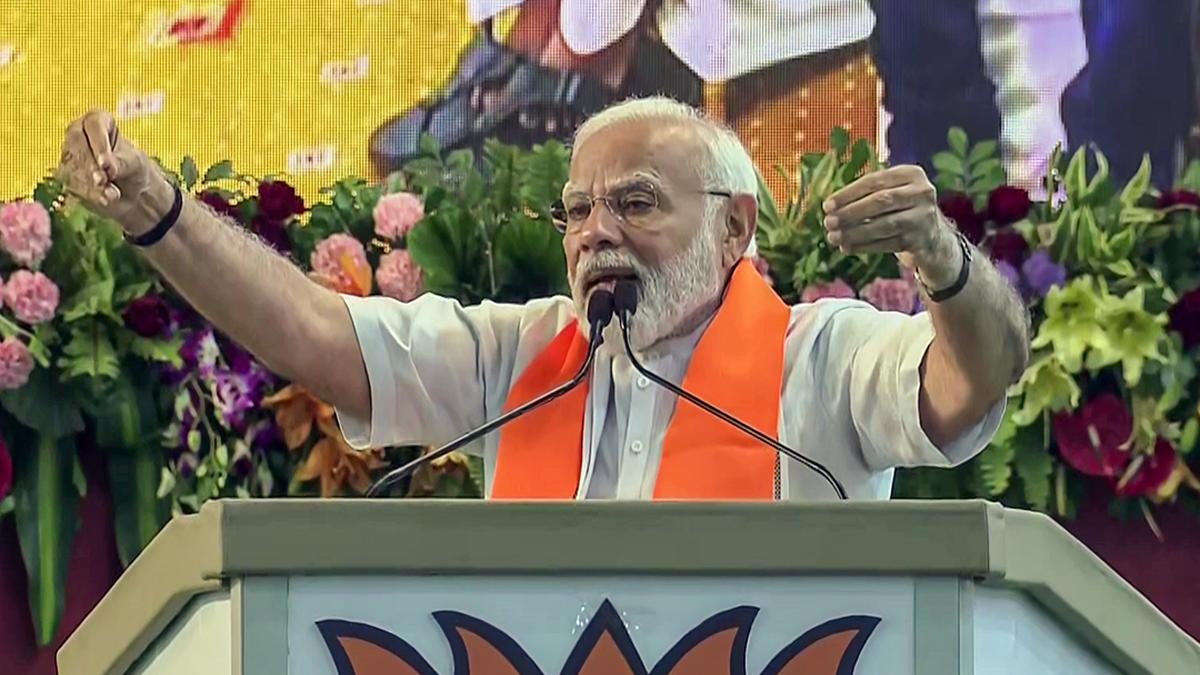
PM’s pitch for UCC is on the same lines as Centre’s affidavit in Supreme Court
The Hindu
Prime Minister Narendra Modi’s pitch for a Uniform Civil Code (UCC) in poll-bound Madhya Pradesh on June 27 mirrors a Law Ministry affidavit filed in the Supreme Court months ago, which said that “citizens belonging to different religions and denominations following different property and matrimonial laws is an affront to the nation’s unity”.
Prime Minister Narendra Modi’s pitch for a Uniform Civil Code (UCC) in poll-bound Madhya Pradesh on June 27 mirrors a Law Ministry affidavit filed in the Supreme Court months ago, which said that “citizens belonging to different religions and denominations following different property and matrimonial laws is an affront to the nation’s unity”.
Article 44 of the Constitution enjoins upon the State to endeavour to secure to its citizens a UCC.
In 2019, a Division Bench of the Supreme Court had exhorted the state to “endeavour” and bring the common code. It had referred to the failure of succeeding governments to “secure” the UCC for its citizens despite the codification of the Hindu law in 1956. The court had said that “despite the exhortations of this court in the case of Shah Bano in 1985, the government has done nothing to bring the Uniform Civil Code”. The Shah Bano case, which upheld a Muslim women’s right to maintenance, was considered a step in the direction of implementation of the UCC.
Also Read | Uniform Civil Code part of Directive Principles, says Rajnath Singh
“Whereas the founders of the Constitution in Article 44 in Part IV dealing with the Directive Principles of State Policy had hoped and expected that the State shall endeavour to secure for the citizens a Uniform Civil Code throughout the territories of India, till date no action has been taken in this regard,” the Supreme Court had observed in the Jose Paul Coutinho judgment.
Recently, the apex court had upheld a State Government’s authority under the Constitution to form a committee to examine the implementation of the UCC. The decision had come in a challenge to the BJP-ruled Uttarakhand Government’s move to set up its own committee on the UCC.
The Prime Minister has referred, in his speech, to the Supreme Court’s decisions and observations to lay stress on the UCC. He has blamed the Opposition’s “vote-bank politics” for the delay in action regarding the UCC.













